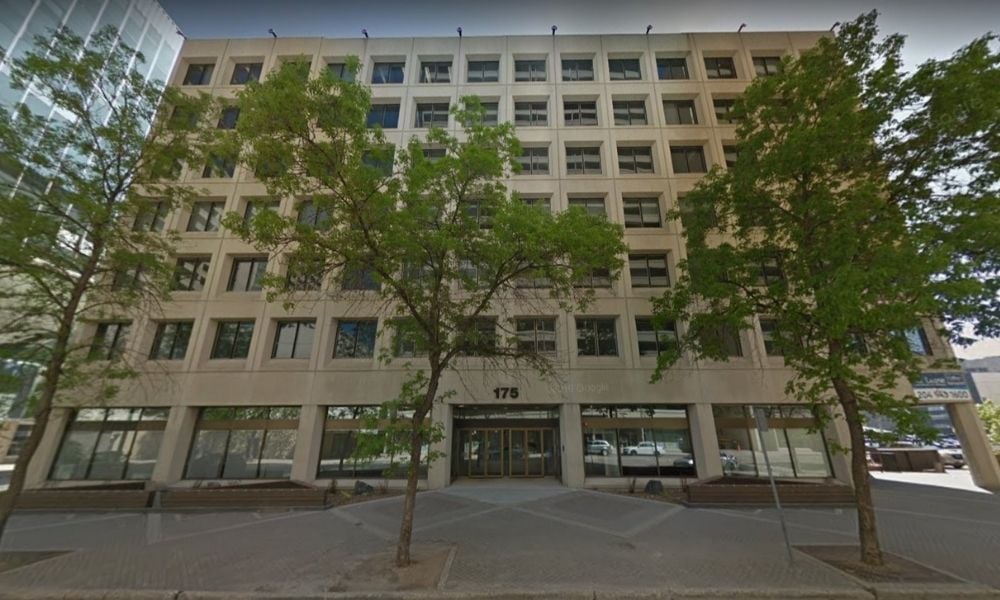Director could decline investigations if complaints adequately addressed in another forum

Manitoba is hoping to improve the human rights process in the province.
The government has introduced legislation that would speed up the review process for complaints filed before the Manitoba Human Rights Commission (MHRC) starting Jan. 1, 2022.
“Human rights complaints working their way through the process simply took too long historically,” says Cameron Friesen, minister of justice. “These changes to the Human Rights Code will ensure that complaints before the Manitoba Human Rights Commission are heard in a more timely way, which will significantly improve access to justice.”
Under the legislation, the commission’s executive director will be able to dismiss complaints – including those outside its jurisdiction. The director will also be able to decline to investigate complaints that are being adequately addressed in another forum.
It will also give adjudicators the authority to mediate complaints and set time limits to ensure the adjudicators’ hearings and decisions are timely.
The changes also set the maximum financial award for injury to dignity, feelings or self-respect stemming from a human rights complaint at $25,000. Also, there would still be no cap on other compensation dealing with lost wages, income or benefits and existing caps on financial penalties related to malicious or reckless actions remain in place.
During the pandemic, employers must keep human rights principles at the centre of decision-making, according to the Ontario Human Rights Commission (OHRC).
Delays a problem
Timeliness was one of the issues in the MHRC and Human Rights Adjudication Panel that Allan Fineblit’s independent review pointed out in 2018.
“The MHRC takes too long to resolve complaints. This is unfair to those complained about and to complainants,” says Fineblit.
It can take years from when a complaint is first made until the investigation is complete, and it can also take years after a hearing for an adjudicator to write a decision, he says.
Currently, it takes on average three to four years for an investigation and an additional one to two years for adjudication of human rights complaints, says the government.
Earlier this year, the British Columbia Human Rights Tribunal confirmed that the Human Rights Code does not protect individuals from “general bullying and harassment.”




